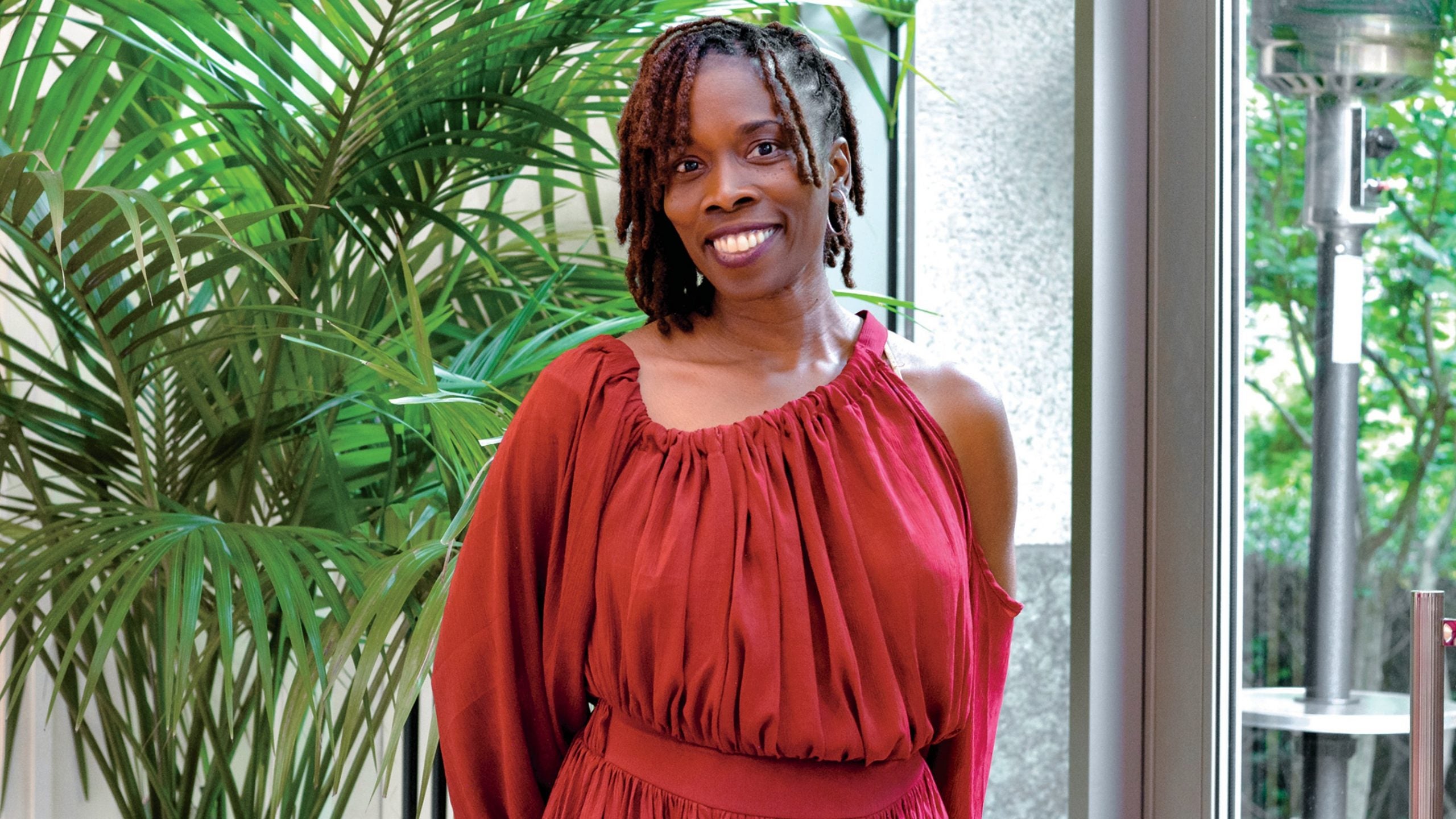
“On the other side of growing pains is your new life.”
Back in May, Thema Bryant-Davis, Ph.D., shared this wisdom with her more than 100,000 followers on Twitter, amid the coronavirus pandemic that has disproportionately affected the health of African-Americans.
For many of us, anxiety and new stressors, such as homeschooling children while working from home, had become the new reality. Bryant-Davis, who’s known as Dr. Thema on social media, is a practicing therapist for 20 years with an expertise in trauma recovery. Through her tweets and micro-messages, she’s been reaching the masses offering a quick balm in a time desperate for healing.
While she sees dozens of patients regularly, the Pepperdine University associate professor has also been using platforms such as Twitter, Instagram and her Homecoming podcast to reach thousands more who can’t sit down in her chair. “I’m bringing restorative practices to the people and not just to those who can afford expensive sessions,” she says of her social media use. “It can be a tool to empower and edify and educate.”
Another tool Bryant-Davis recommends is bibliotherapy, especially since people are understandably hesitant to resume face-to-face interaction. Self-help books can be safely delivered directly to your door. “There is power and strength that comes with knowledge,” she says, “and I am so grateful for those who not only have done the work individually to help community members but have also written books so that large numbers of us can benefit from what they have learned.”
To hear people’s testimonials about how they survived gives us information and inspiration.”
—THEMA BRYANT-DAVIS, PH.D.
As an author herself—she contributed to The Complete Guide to Mental Health for Women (Beacon Press, $24.95)—Bryant-Davis notes that books written by therapeutic professionals aren’t the only ones that can restore our well-being.
“It can be stressful and can create shame when we don’t think we make any sense,” she says. “So not only are books by mental health professionals helpful but so are those by people who have lived with mental illness and have written about their experiences. Those firsthand accounts are so enlightening. They allow us to better understand ourselves and understand one another.To hear people’s testimonials about how they survived a similar situation gives us information and inspiration.”
But as Bryant-Davis often says on her podcast, self-help books are not a substitute for therapy. “I really encourage people who are having high symptoms to consider therapy sessions,” she says. “Some things…are best served by talking them through.”


